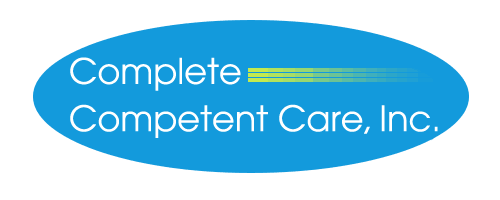When you don’t comply with healthcare laws and regulations criminal indictments and staggering fines can threaten your organization’s credibility. Healthcare organizations are judged by quality of care and standards of ethical responsibility.
A corporate compliance program is one way to protect against the risks and consequences of regulatory violations and deliver the
highest quality of care. It ensures that your facility demonstrates the highest standards of professionalism and competence.
Compliance Program:
- It is an outline of policies and procedures to follow to stay in compliance with federal and state laws.
- The scope may vary with direct responsibility for some areas like Medicare/Medicaid and indirect responsibility for others like the Clinical Laboratory Improvement Amendments or the Occupational Safety and Health Administration.
- The goal is to prevent violations of these laws and make sure if errors do occur, organizations respond immediately to resolve problems.
- In general, the formal program covers compliance with government health program regulations to prevent violations of the False Claims Act, as well as the Fraud and Abuse Laws (Stark and Anti-kickback) that prohibit improper relationships.
- A second program usually covers OSHA regulations, as well as licensure and accreditation survey standards.
- Due diligence to prevent and detect violations of the law is everyone’s responsibility.
A designated compliance officer and staff:
- Develop, oversee, and monitor the program
- Create written standards that address your facility’s mission and internal compliance
- Develop on-going employee training programs
- Establish auditing and monitoring systems to track compliance performance
- Respond to investigations or litigations that arise in your facility.
- Work closely to address employee questions and concerns about federal rules and regulations, and in-house compliance policies.
A compliance committee to assist the officer:
- Reviews and assesses legal requirements to make sure your in house policies comply the law.
- Develops in-house systems to evaluate complaints and problems and correct errors or make adjustments in high-risk areas.
- Surveys
- Educational purposes; designated home care agency staff.
The supervising nurse or agency designee shall ensure that patient inform at ion is utilized in a private and confidential manner.
Responsibility for determining access shall rest with the supervising nurse or designee.
The supervising nurse or designee shall discuss patient confidentiality during the employee1 s orientation.
Patient right shall be considered an integral component of the policy and shall include consideration of:
- Privacy consistent with providing adequate medical care
- Discuss ion of case in a restricted or private location
- Discretion used in telephone conversations
A breach of confidentiality by an employee may result in termination of employment.
